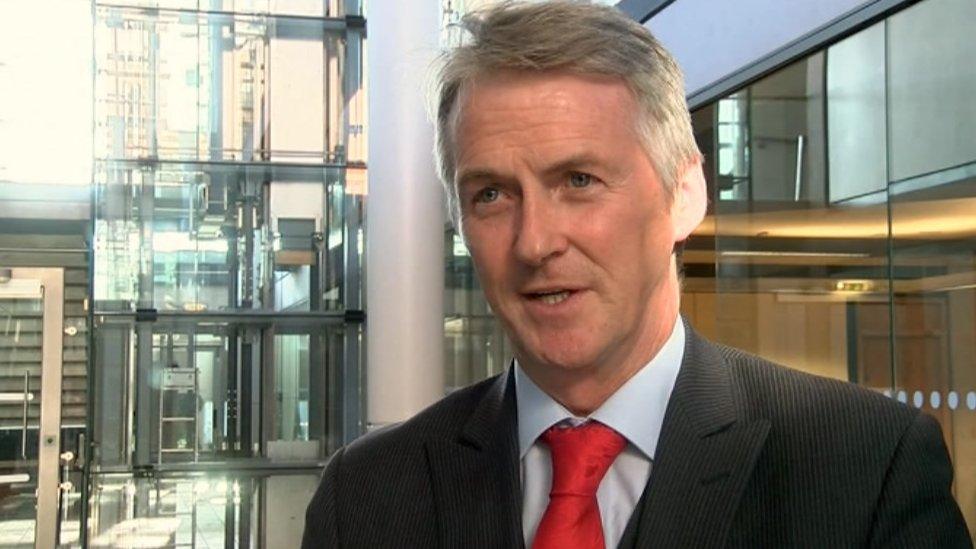Wales Bill: Hain says tax devolution plans are folly
- Published
Lord Hain said Wales should not be cut off from the major sources of UK tax revenue
Plans to allow the devolution of income tax varying powers without a referendum have been criticised by a former Welsh secretary.
Lord Hain said the Conservatives were going back on a manifesto promise to hold a poll on the issue.
The Wales Bill - debated in the House of Lords on Monday - would remove the need for a referendum before the power was devolved.
Welsh Secretary Alun Cairns said Lord Hain was an "isolated voice" on tax.
In November, the then Chancellor George Osborne said the power over some aspects of income tax should be devolved without a referendum, currently required under the 2014 Wales Act.
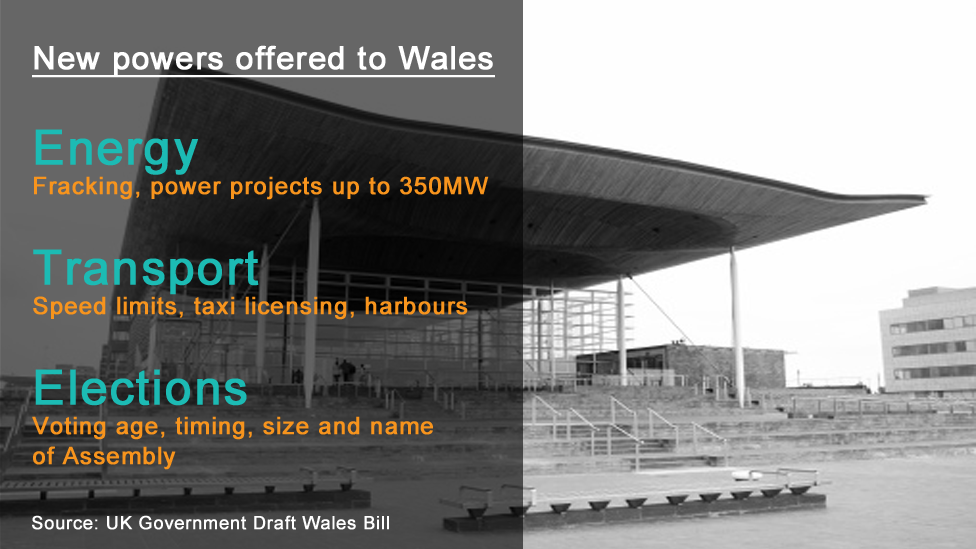
Lord Hain said Mr Cairns had supported the idea of a referendum in the past and questioned why he had changed his mind.
He said: "Could it be that he wishes to ram through income tax devolution without addressing irrefutable evidence that the Barnett formula has short-changed Wales in contrast to Scotland?
"Without a new 'Barnett floor', as First Minister Carwyn Jones has insisted, it would be pure folly for Wales to have income tax devolved," Lord Hain added.
In response, Mr Cairns said: "During the passage of the Wales Bill, I have regularly engaged with the first minister.
"The Labour Party in both Cardiff Bay and Westminster back the devolution of tax powers without a referendum.
"On that basis, Peter Hain represents an isolated voice with these remarks.
"It should be remembered that after decades of in-built disadvantage of the funding formula, it took a Conservative government to introduce a funding floor for Wales," Mr Cairns added, referring to a guaranteed minimum level of Treasury grants.
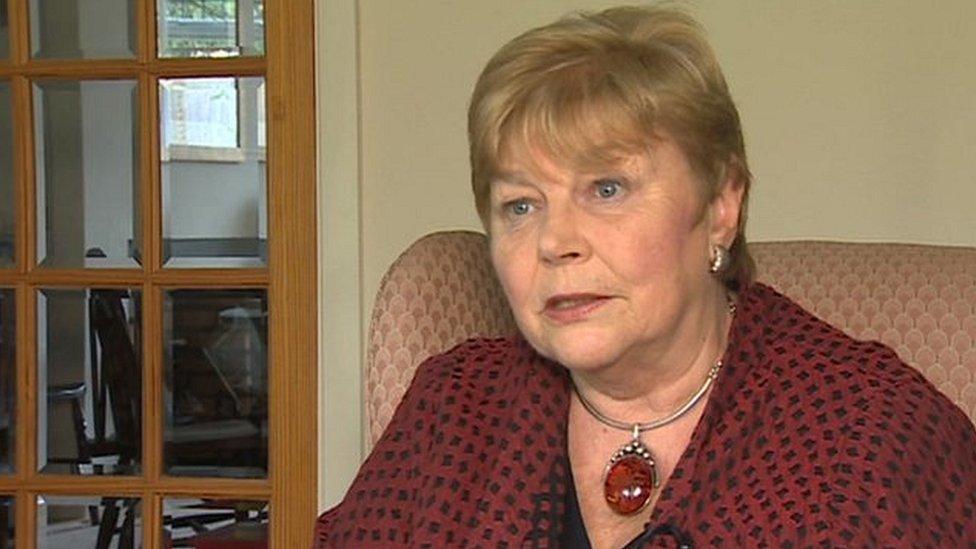
Baroness Randerson has previously been in coalition governments with Labour in Wales and the Conservatives in Westminster
Meanwhile, ex-Wales Office Minister Baroness Jenny Randerson has said the Wales Bill was "not a big stride forward as we hoped but it is a shuffle forward".
The Liberal Democrat peer said: "The Wales Bill was started during the pro-devolution coalition government in 2015 which I was part of.
"We now have a centralising Theresa May government and the long list of exceptions [powers that will not be devolved] will mean we still have a complex settlement."
'Constitutional fabric'
The Wales Bill is a new law, currently passing through Parliament, that promises a simpler framework for how the assembly is run and more powers for AMs and ministers.
But it was revised earlier this year from its previous draft amid concern it could dilute the power of AMs to make laws.
During the debate, Welsh minister and former Welsh Conservative leader Lord Bourne said new powers over transport, energy and the environment would help make the assembly a permanent part of the UK's "constitutional fabric".
He said the Wales Bill delivered a "clearer and stronger Welsh devolution settlement" and an assembly and Welsh Government "more accountable to the people they serve".
But Labour's spokeswoman Baroness Morgan said that while the bill was a considerable improvement on its draft predecessor, the legislation was still "poorly drafted and ill-conceived".
She added: "The bill in its current form is complex, inaccessible, unclear and won't settle the devolution issue for Wales as was the intention."
'Over-complicated'
Lord Wigley of Plaid Cymru said the bill was "inadequate" with as many 200 reserve powers retained by Westminster.
He added: "Indeed, in some ways it makes our position worse, in that it actually takes back powers from the assembly and the Welsh Government."
Last week, a cross-party group of AMs said the bill remained over-complicated.
Welsh Conservative leader Andrew RT Davies defended the bill, saying it was a "landmark piece of legislation" offering "greater clarity and accountability than ever before in the devolved era".
- Published10 October 2016
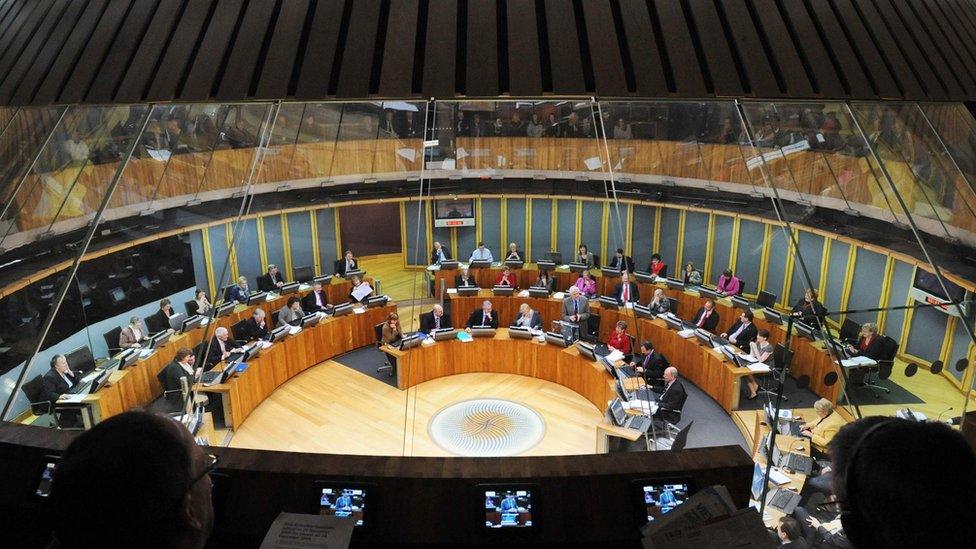
- Published6 October 2016
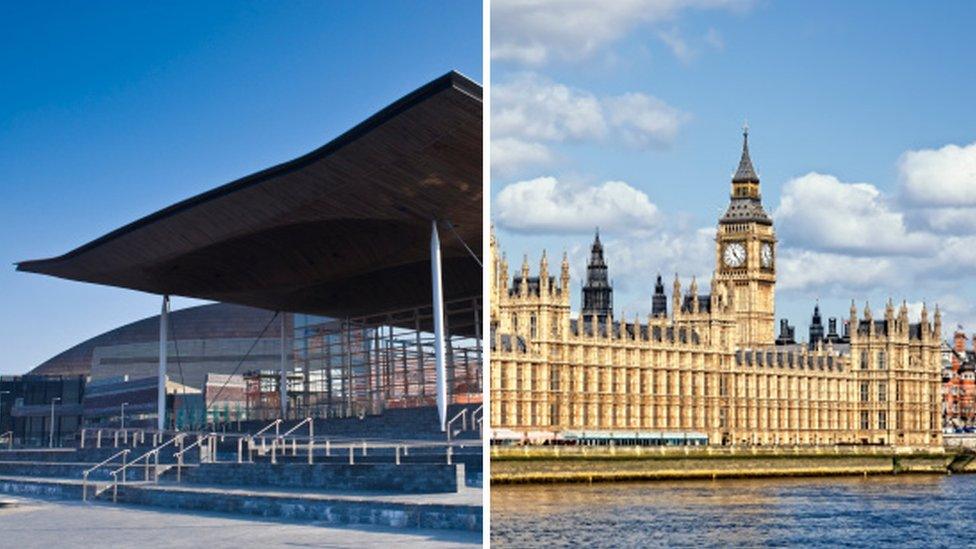
- Published29 February 2016

- Published9 October 2016

- Published6 October 2016
